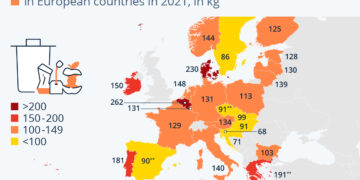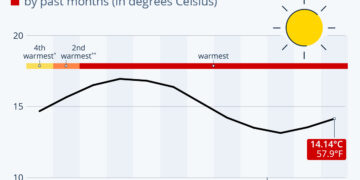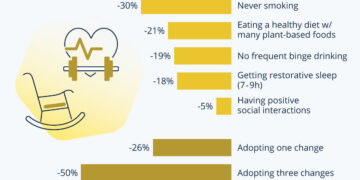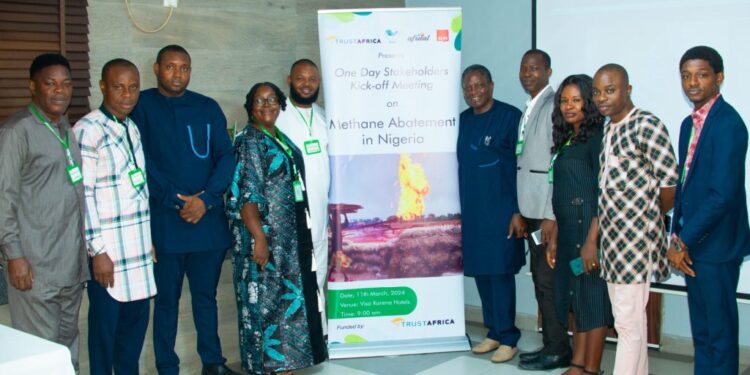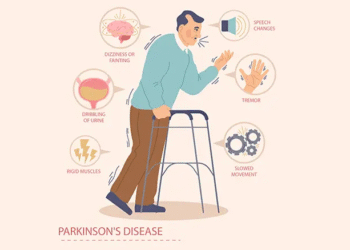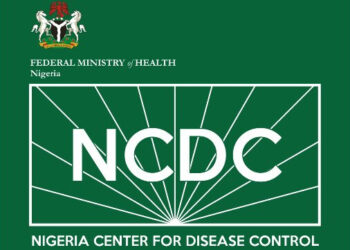Amidst the global drive to combat climate change, methane emerges as a silent yet potent threat, significantly contributing to rising global temperatures. In a recent study, methane, the second most significant contributor to emissions after Carbon Dioxide, has been implicated in elevating average global temperatures by a staggering 4–8°C. While efforts are underway to tackle methane emissions from fossil fuel sources, little attention has been paid to emissions from anthropogenic sources linked to human activities like farming and waste management.
Governmental Response: A Double-Edged Sword
In response to the pressing need to address climate change, Nigeria, alongside 150 other nations, has pledged to curb methane emissions. However, Nigeria’s ambitious plans to leverage its gas resources for economic growth raise concerns about exacerbating methane emissions from gas flaring and oil spills. While the government’s focus on cleaner energy production is commendable, the potential repercussions of methane emissions from other sectors cannot be ignored.
The Urgency of Action: Advocacy and Collaboration
Recognizing the urgency of the situation, civil society organizations (CSOs) have embarked on a groundbreaking project to abate methane emissions in Nigeria. Spearheaded by the Environmental Centre for Oil Spills and Gas Flaring (ECOSGF) and the African Initiative for Transparency, Accountability, and Responsible Leadership (AfriTAL), this initiative aims to raise awareness, conduct research, and advocate for policy changes to reduce methane emissions.
Charting the Path Forward: Stakeholder Engagement and Actionable Commitments
A recent stakeholders meeting brought together key players from CSOs, media, and governmental agencies to kickstart the methane abatement project. Participants underscored the need for robust research, enhanced public awareness, and improved collaboration among stakeholders. Concrete action points were identified, including fact-finding missions, capacity building initiatives, and advocacy campaigns targeting policymakers and communities.
Conclusion: A Call to Action
As Nigeria grapples with the dual challenge of economic development and environmental sustainability, the need for urgent action to curb methane emissions cannot be overstated. Through concerted efforts and collaborative partnerships, Nigeria can pave the way for a sustainable future, safeguarding both the planet and its citizens from the ravages of climate change.









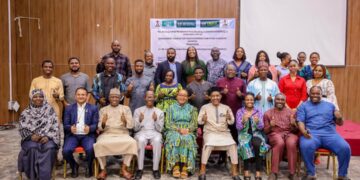


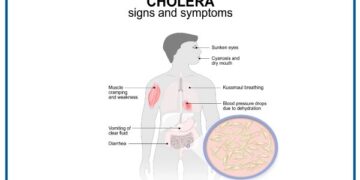



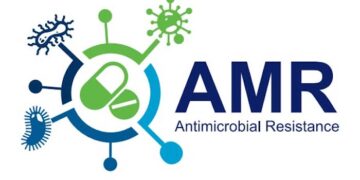

![Antimicrobial Resistance [AMR] in Hausa](https://healthtoday.com.ng/wp-content/uploads/2024/02/antimicrobial-resistance-AMR--360x180.jpeg)




